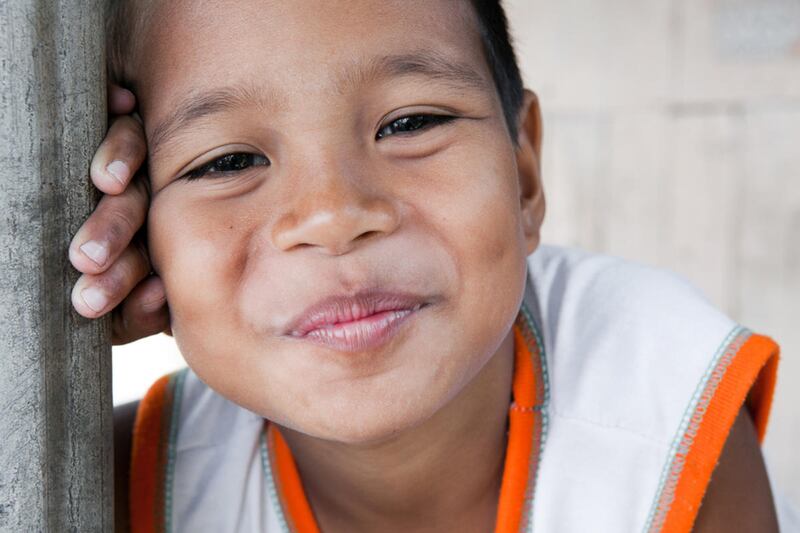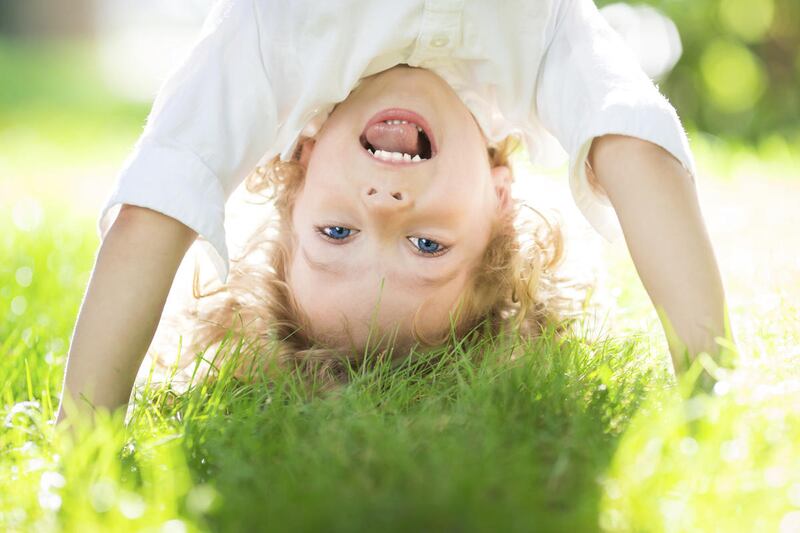A new survey of 53,000 children ages 10 to 12, from 15 countries, reveals that, by and large, children are happy with their lives.
The Children's Worlds survey, funded by the Jacobs Foundation, asked whether children had access to nine things: good clothes; a computer; Internet access; a mobile phone; their own room; books; a family car; a music player; and a television. On average, children in Norway had access to all of them, while children in Ethiopia only had access to three. But across the board, a median 9.0 out of 10 children were "satisfied with the things they had."
Children in Ethiopia ranked themselves as an 8.6 out of 10 for "satisfaction with life," even though they lacked more of the nine items (an average of 6.3) than children from other countries. Children from Algerian ranked second-highest for happiness, even though they lacked 3.6 items.
Meanwhile, children from the U.K. and South Korea, relatively wealthy countries, reported the lowest scores for happiness — at 8.4 and 7.6 respectively — even though they didn't lack even one item on average.
The upshot is that children around the world are generally happy, and material possessions "don't correspond to happiness," according to the report.
SEE MORE: Why it's important to pay attention to your child's mental health
However, as children from these countries grow up, and find they have access to fewer opportunities and less resources, these rankings tend to switch. Romanian children topped the list for "satisfaction with life," but even a couple years later, those numbers started to slide, Jonathan Bradshaw of the University of York, one of the survey’s lead organizers, told Quartz.
“Other studies on 13- to 15-year-olds in Romania don’t show such positive results. So perhaps the older Romanians get, the less happy they become.”
South Korea is the opposite. Other studies have found that Korean children tend to be less happy than others due to intense academic competition and pressure. But as adults, when they have access to opportunities and a better economy than people from many other countries, they report happier results.
Indeed, in adulthood, sometimes the results are the reverse. Children from poor countries like Romania, Nepal and Algeria reported high happiness rates, but adults from those same countries reported the lowest life satisfaction rates, with Nepal and Ethiopia coming in at the very bottom.
Related links:
4 ways to help your child become a successful adult
Children recognize pride in others before themselves
Millennial parents more likely to say their children are their best friends
Email: laneanderson@deseretnews.com



